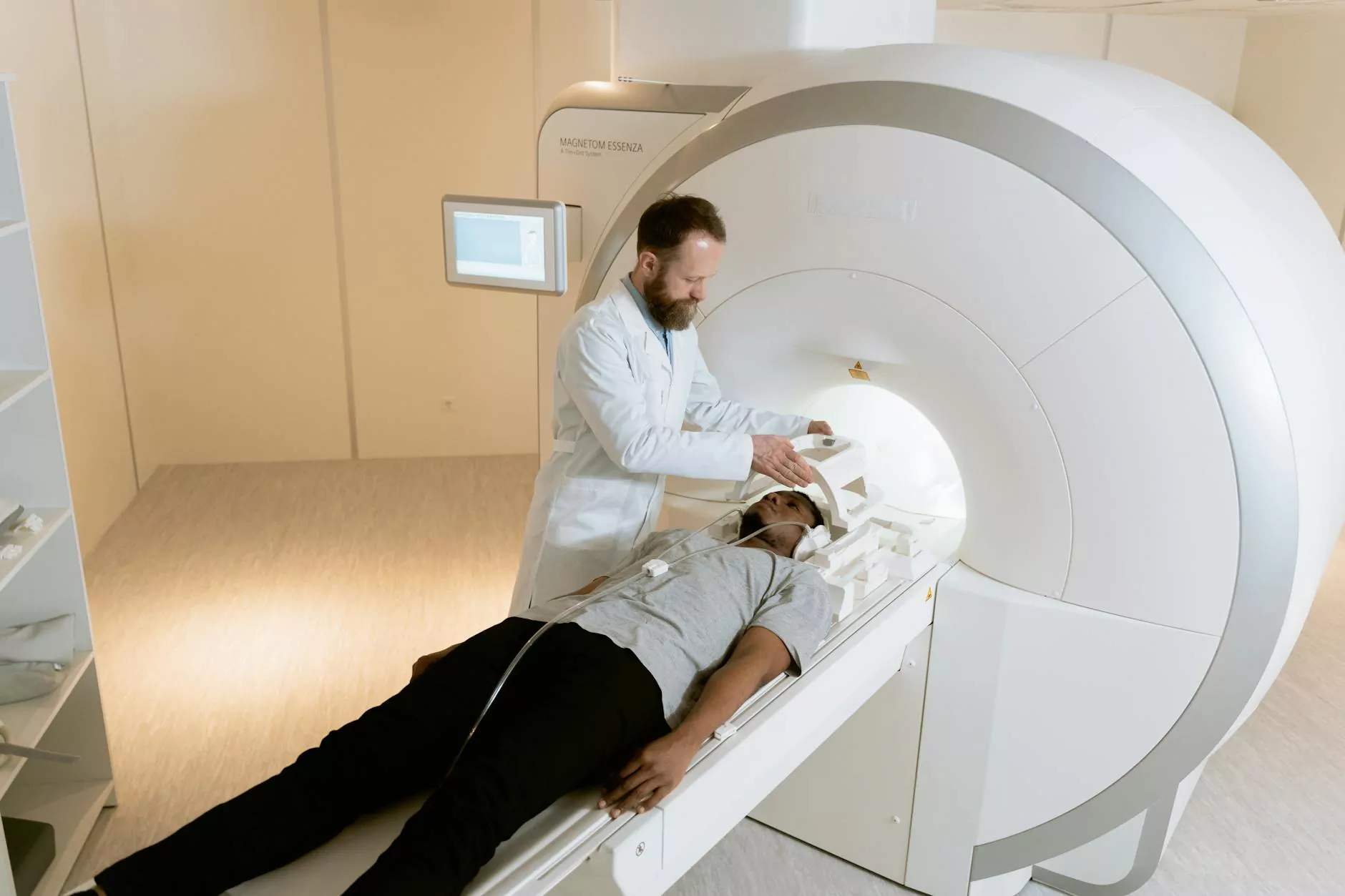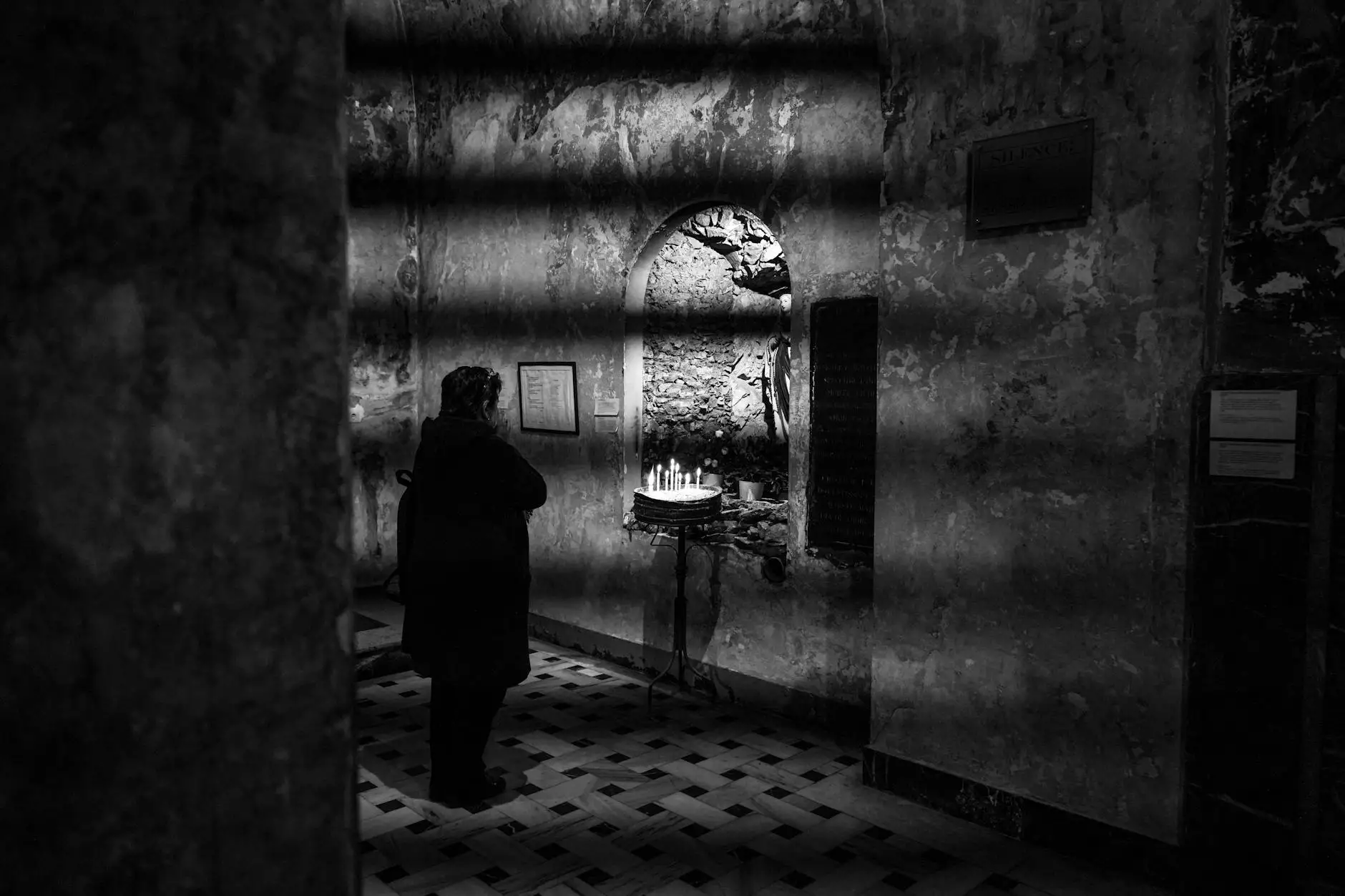The Critical Role of CT Scans in Lung Cancer Detection and Management

Cancer remains a leading cause of morbidity and mortality worldwide, with lung cancer ranking as one of the most deadly forms. The early detection of lung cancer can significantly improve treatment outcomes and survival rates, and one of the most critical tools in achieving this early diagnosis is the CT scan for lung cancer.
What is a CT Scan?
A Computed Tomography (CT) scan is a sophisticated imaging technique that utilizes a series of X-ray images taken from various angles around the body and uses computer processing to create cross-sectional images (or slices) of bones, blood vessels, and soft tissues inside the body.
Why is a CT Scan Important for Lung Cancer?
When it comes to lung cancer, early detection is vital. CT scans play a pivotal role for several reasons:
- High Sensitivity: CT scans can detect even small nodules in the lungs, which may be indicative of cancer.
- Detailed Imaging: The images produced can show the size, shape, and location of lung tumors.
- Guiding Biopsies: A CT scan can help guide needles to precise locations for biopsy, leading to accurate diagnoses.
- Monitoring Response to Treatment: CT scans allow doctors to assess how well treatments are working over time.
How is a CT Scan for Lung Cancer Conducted?
Understanding how a CT scan is performed can alleviate concerns and help patients prepare for the procedure:
- Preparation: Patients may need to avoid eating or drinking for several hours before the scan. Inform your doctor of any medications.
- Positioning: During the scan, patients lie on a table that slides into the CT machine. It is essential to remain still to ensure clear images.
- Use of Contrast: Sometimes, a contrast dye is injected into a vein to help highlight structures within the lungs.
- Image Capture: The CT scanner will take multiple images in a matter of seconds while the patient holds their breath.
- Post-Scan: Once the scan is completed, patients are often free to go home and can return to normal activities immediately.
The Benefits of CT Scans in Lung Cancer Screening
The advantages of employing a CT scan in the routine screening for lung cancer are profound:
- Detecting Lung Cancer Early: High-resolution images can reveal cancerous nodules that might not be seen on conventional X-rays.
- Reducing Uncertainty: CT scans can provide clearer information than X-rays regarding the presence of lung tumors.
- Non-Invasive Procedure: A CT scan is a non-invasive procedure that requires no surgical intervention.
Understanding the Types of CT Scans for Lung Cancer
There are two primary types of CT scans used in the context of lung cancer:
1. Low-Dose CT Scans
Low-dose CT scans are specifically designed for lung cancer screening, using less radiation than standard CT scans. These scans are recommended for individuals at high risk of lung cancer, such as heavy smokers or those with a family history of the disease.
2. Standard CT Scans
A standard CT scan may be used after a diagnosis is made to stage the cancer, assess its spread, and evaluate how well the treatment is working.
Limitations and Risks of CT Scans
While CT scans are incredibly beneficial, it is essential to be aware of their potential limitations and risks:
- Radiation Exposure: CT scans expose patients to a higher dose of radiation compared to standard X-rays.
- False Positives: Sometimes scans can identify non-cancerous nodules, leading to unnecessary stress and additional testing.
- Cost: Depending on healthcare plans, CT scans can be expensive and may not always be covered.
The Future of CT Scans in Lung Cancer Diagnosis
Advancements in technology continue to improve the effectiveness of CT scans in lung cancer diagnosis:
- Artificial Intelligence: AI is being studied to analyze scan images more accurately and quickly.
- Enhanced Imaging Techniques: Innovations are leading to improved imaging quality and reduced radiation doses.
- Integration with Other Modalities: Combining CT scans with PET scans can improve diagnostic accuracy significantly.
Conclusion: Championing Early Detection Through CT Scans
CT scans for lung cancer represent a vital technology in the ongoing battle against one of the world’s most challenging diseases. Understanding the importance, benefits, and limitations of these scans can empower patients to make informed decisions regarding their health. Always consult healthcare professionals at trusted facilities, such as Hello Physio, who offer comprehensive services in Health & Medical, Sports Medicine, and Physical Therapy, ensuring you get the right care tailored to your needs.
Investing in your health and prioritizing preventive measures can lead to a healthier life. Early detection through effective imaging techniques like CT scans is the first step towards successful treatment outcomes.









